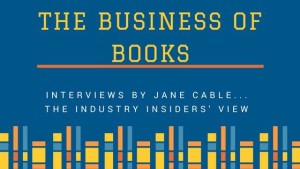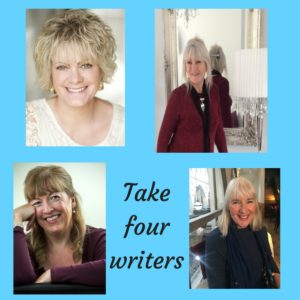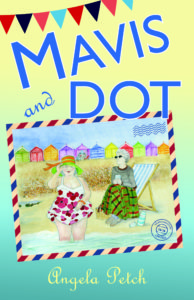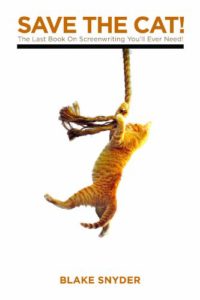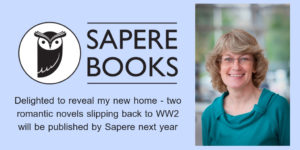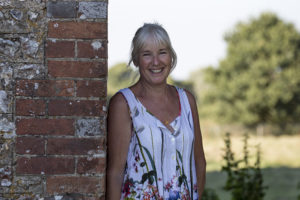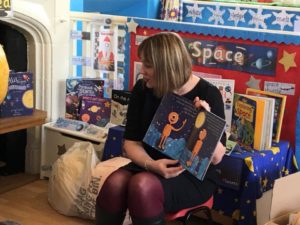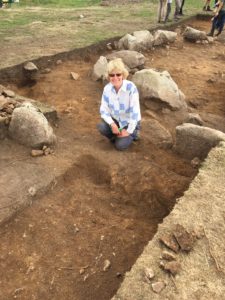What was the first piece of writing advice you were ever given?
When I first began to write I attended a weekly writing course run by author Sue Johnson in the lovely town of Pershore in Worcestershire. Sue gave us a variety of writing prompts each week, such as poems, pictures, leaves, random objects, word lists and such like. Then she’d give up a time limit in which to write something. The idea was just to relax and see what appeared on the page from the stimulus of the prompt. I still use this technique to get started with stories, or if I’m stuck in the middle of a book. I am very grateful that this early training enables me to write quickly if I need to.
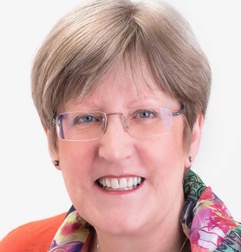 What was the most recent piece of writing advice you received or gave?
What was the most recent piece of writing advice you received or gave?
I went on an editing course recently and was advised to highlight the different points of view in my manuscript using different colours. The idea being that the distribution of the colour throughout the manuscript enables you to see if the balance between each characters’ points of view is even. This is an invaluable tip, as often I get fixated on one character’s view point and this enables me to present a balanced piece of work.
What piece of advice (writing or otherwise) would you like to pass on?
Oh dear … it is difficult to stick to one, so I’m going for three!
- It is never too late to begin to write.
- You should always stay true to your own work and not worry about what others are writing.
- Writing is such a solitary occupation that it is important to find fellow writers to speak to and share with, be that online or in real life.
Morton has been reading and writing fiction for as long as she can remember, penning her first attempt at a novel aged fourteen. Her debut novel The Girl on the Beach was published after she won Choc Lit Publishing Search for a Star competition. She is now writing a series of novels based in her fictional seaside town of Borteen. Her second novel The Truth Lies Buried is to be followed by Christmas at Borteen Bay out on 13 November 2018.
You can catch up with Morton on her website www.mortonsgray.com on
Twitter – @MortonSGray, her Facebook page – Morton S. Gray Author – https://www.facebook.com/mortonsgray/ and
Instagram – https://www.instagram.com/morton_s_gray/

